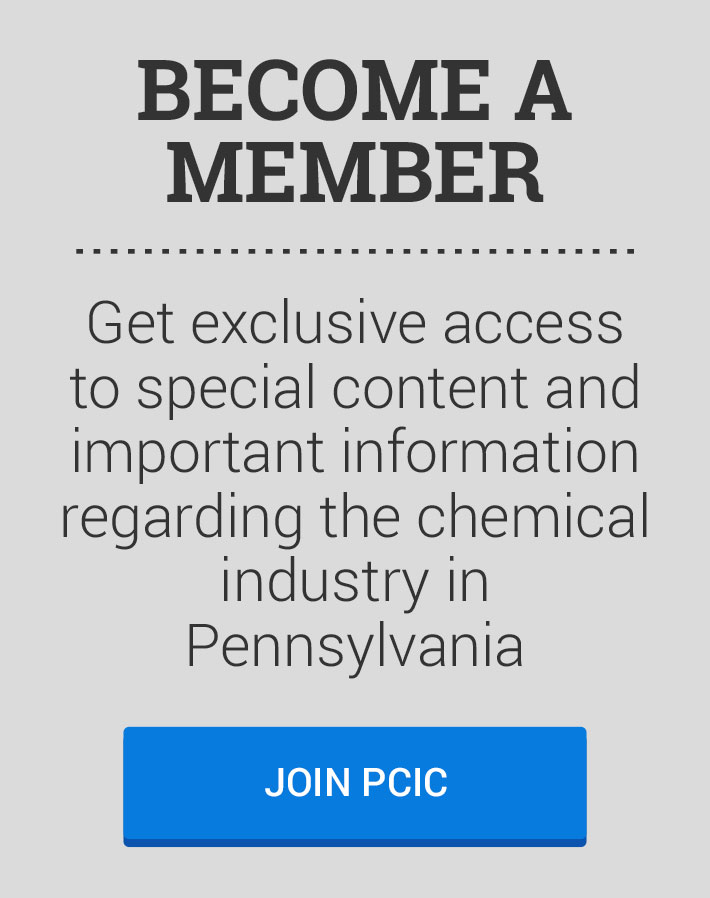A recent article in PennLive about plastics recycling is a misrepresentation of the investments our industry is making to innovate and make their products more sustainably.
At the most basic level, manufacturing starts with chemistry, which is the building block for nearly every product we use every day. The reality is that modern society needs continued chemical and plastic production and demand is expected to increase. However, how society manages plastic waste is not sustainable. Our industry isn’t just talking about it, they’re doing something about it.
Reducing plastic waste while manufacturing the products consumers rely on will take collaboration and innovative solutions. One example is The Solid Waste Management Act - Act 127 of 2020, which paved the way for the deployment of advanced recycling technologies.
At a basic level, advanced recycling utilizes post-use plastics such as styrofoam, yogurt cups, plastic bags, and other packaging, which may otherwise be landfilled, as base chemical feedstocks to create new products. When used in collaboration, both mechanical and advanced recycling technologies are effective solutions to help address the global plastic waste challenge.
While the bipartisan advanced recycling legislation was a foundational step, there is still more work to do. Our leaders need to take a hard look at modernizing how we are tackling recycling. This will be a challenge, but the status quo is no longer a viable option.
Our PCIC members prove every day that balancing environmental stewardship and economic growth through investment, technology, and innovation is not only possible, it’s happening.
Steven Kratz is president of the Pennsylvania Chemical Industry Council, Harrisburg, Pa.





